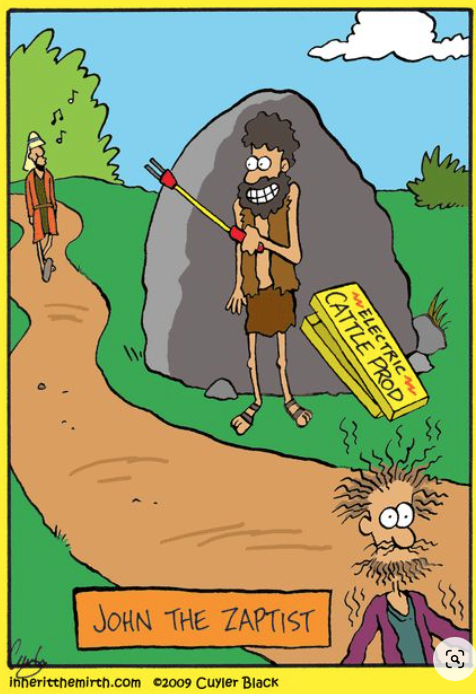Monday Message, March 4, 2024
KNOW
We have a Parish Leader Check In tomorrow. We will spend some time brainstorming JPII Grant ideas and get an update on the First Witnesses site, among other things. Link to join is here.
You will be receiving some reading material in advance of our meeting with the Bishop on March 13th here at the Catholic Center later this week. If you have not signed up, please see this link.
Adult Confirmation hybrid in-person courses are coming up.
We have a parish in need of someone to give a workshop for parents of first communicants. If you can help, please contact Deacon John.
In other news:
- The Archdiocese of Newark is hosting a weekend long conference for all those that minister, work, volunteer and most importantly walk with young people on their faith journey. “Continuing the Journey” will take place April 12-14th at the St. John Paul II Youth Retreat Center in Kearny NJ. The facility is easily accessible by car, train or plane! Speakers include Roy Petifils, Mike Patin, Bishop Michael Saporito, Robert Feduccia, Katherine Angulo, John Angotti, Tony Melendez, Chris & Linda Padgett and more. Learn more here.
- Al and Adrienne Keogler will be starting a Fertility Awareness Series at St. Rose of Lima in Newtown in April. If you know of any couples, whether married or engaged, that might be interested please pass the word, and if you might be able to post the information in your parishes, they would greatly appreciate it.
- Our friends up north are hosting a service camp for middle school youth this summer. See this flyer for more information.
REFLECT
Before we decide to trust someone, we often look for credentials or tangible proof that will in turn dictate the extent of our confidence in that person. We want our trust to rest on the foundation of experience. Sunday’s readings look to concrete historical events that provide reasons to trust.
Seven of the Ten Commandments are forms of tribal wisdom aimed at the good of the community (see Jeremiah 35:6-9). As such, they predate Moses. They stem from the recognition that some actions promote community while others are hurtful.
In the commandments, the older regulations are ratified as accepted legislation. The stamp of divine approval makes them matters of loyalty to God. God intervened in history to bring the Israelites out of slavery in Egypt; therefore, God has a right to impose laws worthy of trust.
In dealing with the Corinthian community, Paul has to face the issues of credibility and trust. The Greeks desire some form of revelation that they can debate as worthy of rational acceptance. The Jews seek some sign or miracle that will provide a basis for confidence. Paul offers the cross, which for him is so central to faith that the gospel message is unintelligible without it.
In the cleansing of the Temple, Jesus appears as a latter-day Jeremiah who addresses the abuses of God’s dwelling place (see Jeremiah 7:1-15;26:1-19). The author of the gospel has adapted the original event to speak about the foundation of trust. Jesus’ zeal for the Temple is the reason for his death, and his resurrected body becomes the new Temple. The demand for a sign is answered by Jesus’ passion, death, and resurrection experience.
Do we choose to imitate Jesus’ self-giving and thereby offer concrete proof of our trustworthiness?
We win loyalty by reaching out to others and meeting their needs, not by demanding unconditional confidence.
LAUGH

